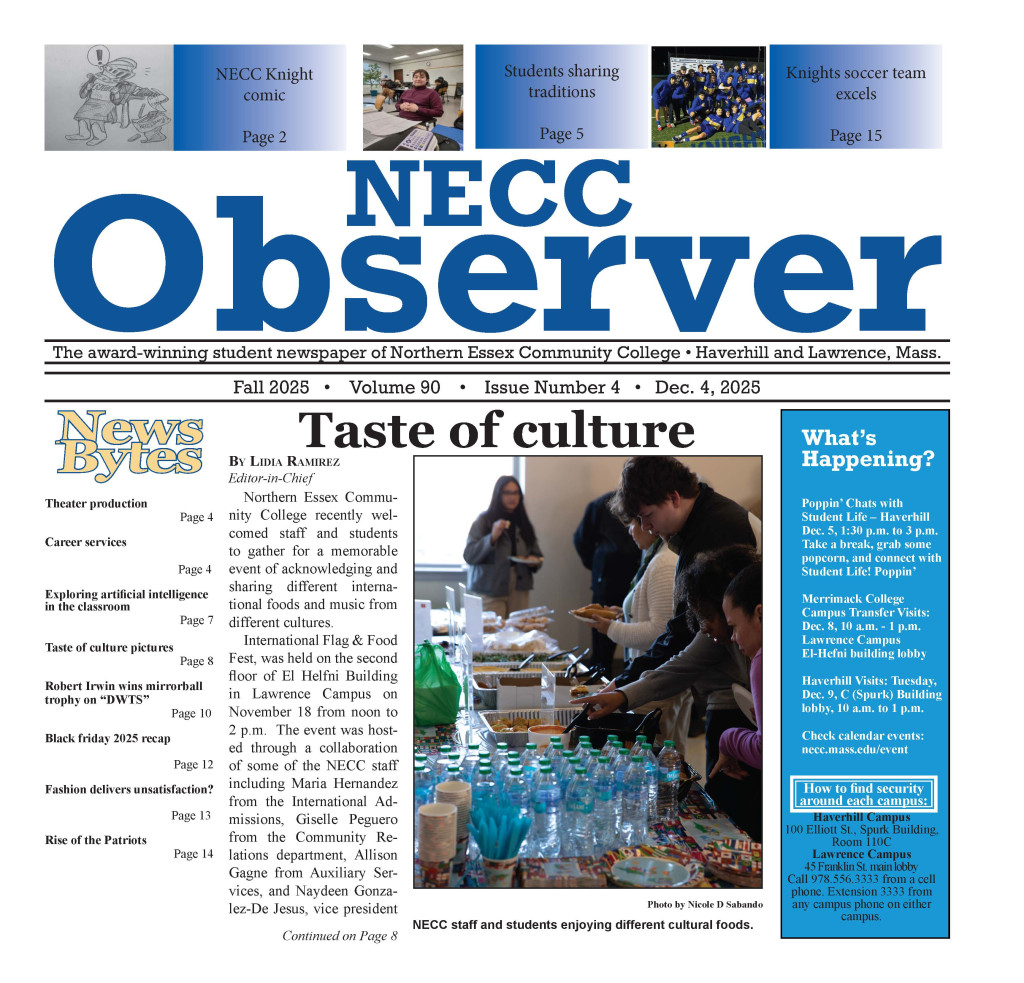Last week, in the wake of people’s hateful reactions to a number of tragedies and events, I found myself questioning the purpose of journalism as a profession. Taking a rare opportunity to step up on the Social Media Soapbox, I wrote an impassioned tirade on Facebook: “Sometimes I wonder what the point of being a journalist is,” I said. “Why bother relating the facts when so many readers are a) too ignorant to understand them in the right context and/or b) too caught up in their own emotions to even bother with empiricism?”
This is a question I’m sure many people in the field struggle with from time to time. After all, when wagging fingers come to rest on the public’s chosen scapegoat for any given issue, it is “the media” in general that gets lazily blamed for the world’s problems. Indeed, it often feels like people would rather not know the truth at all, lest it come into conflict with the version they’ve imagined for themselves.
“Spotlight” is an important film, because it reinforces a key point about journalism’s ability to combat ignorance: it’s not about telling the public what they want to hear, it’s about telling them what they need to hear. In a city with such a large Roman Catholic population, The Boston Globe took enormous risks to tell the truth about corruption within the church’s ranks — let alone corruption dealing with child rape and molestation. But in doing so, they uncovered a global problem that challenged people’s beliefs and forced people to look at things from a different perspective. The story may not have the most satisfying resolution, but it reminded me why journalism is such a crucial service — especially at a time when emotions seem to trump facts.
The movie takes us back to 2001. The Spotlight team consists of Michael Rezendes (Mark Ruffalo), Walter “Robby” Robinson (Michael Keaton), Sacha Pfeiffer (Rachel McAdams), Ben Bradlee Jr. (John Slattery) and Matt Carroll (Brian d’Arcy James). They’re a bit on edge because a new editor has been hired, an outsider from the Miami Herald named Marty Baron (Liev Schreiber). Baron wants to redirect the Spotlight team’s efforts, which includes requesting that they pursue information on Catholic priest John Geoghan, who has been accused of molesting several young boys.
As the team scatters to the corners of the city to begin putting the pieces of the puzzle together, it never dawns on us that we’re watching “performances,” as these actors completely embody the journalists they’re playing. It bodes well that none of them are glammed up in stereotypically Hollywood ways; their frumpy, grizzled appearances lend a lot of believability to the recreation of the events here — and unlike other movies set in Boston this year (“Black Mass”), director Thomas McCarthy’s film accomplishes the striking feat of actually feeling local.
As the plot thickens, with more and more revelations being uncovered, the memorable moments pile up: unforgettable, heartbreaking scenes of the victims recounting their abuse at the hands of the priests they so admired; any scene with Stanley Tucci as Mitchell Garabedian, a frazzled but deeply concerned lawyer knee-deep in cases involving the Church; and a late montage set to an eerie youth-choir version of “Silent Night,” which sent chills up my spine. To merely describe the events is to do the filmmakers an extreme disservice; like the outrageous events that fueled Rezendes’ original immense, multi-page expose, “Spotlight” has to be seen to be believed.
This is one of the best films of the year. It’s not just a heartening reminder of what journalism can do, it’s a captivating story in its own right: a portrait of hard-working people absolutely committed to doing the right thing — going up against a monumental institution with a lot to hide, and plenty of places to hide it.

